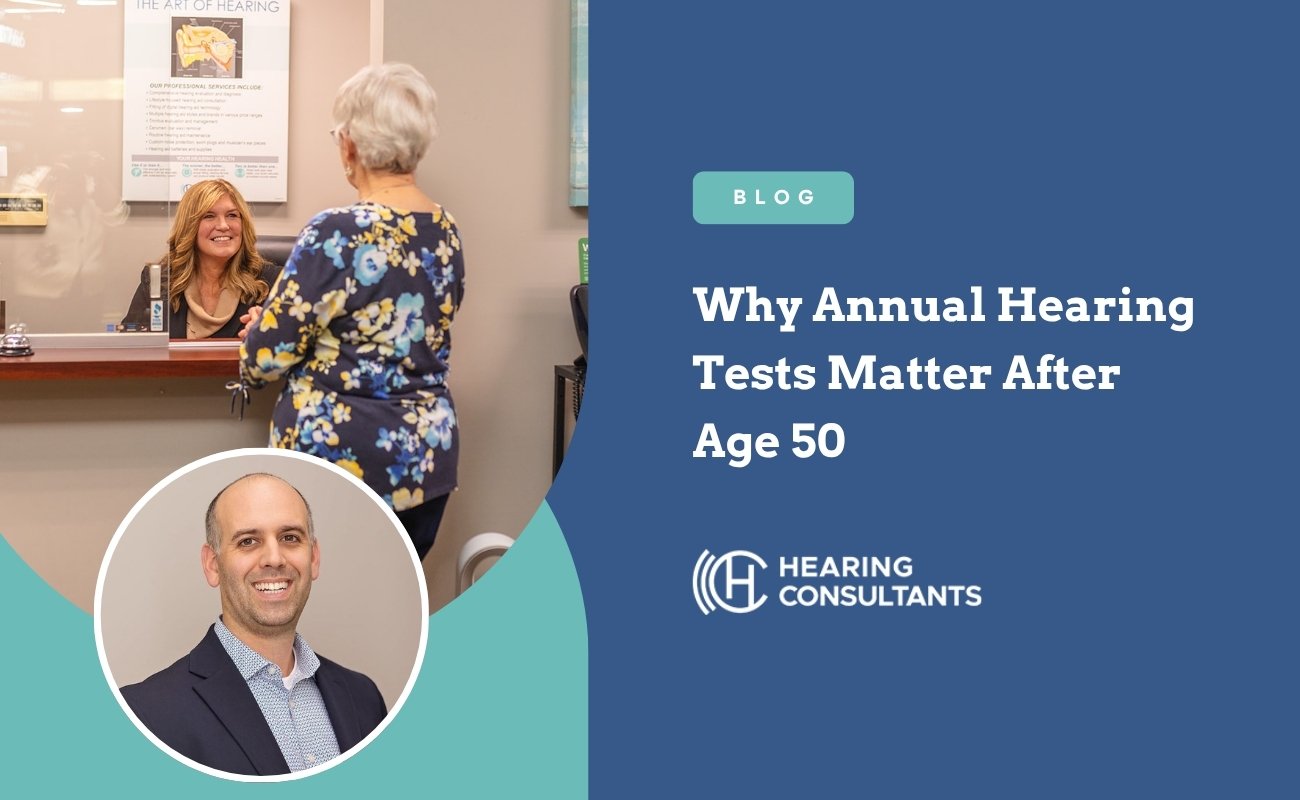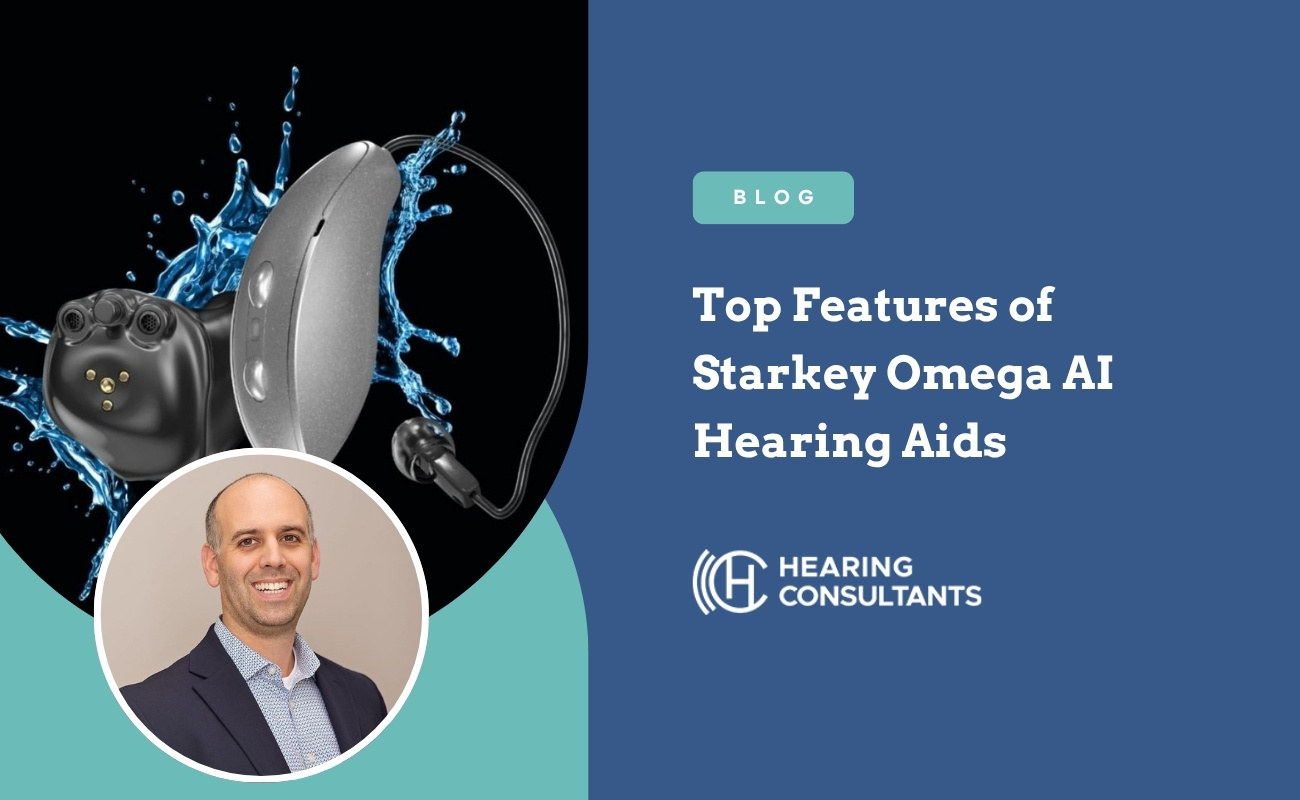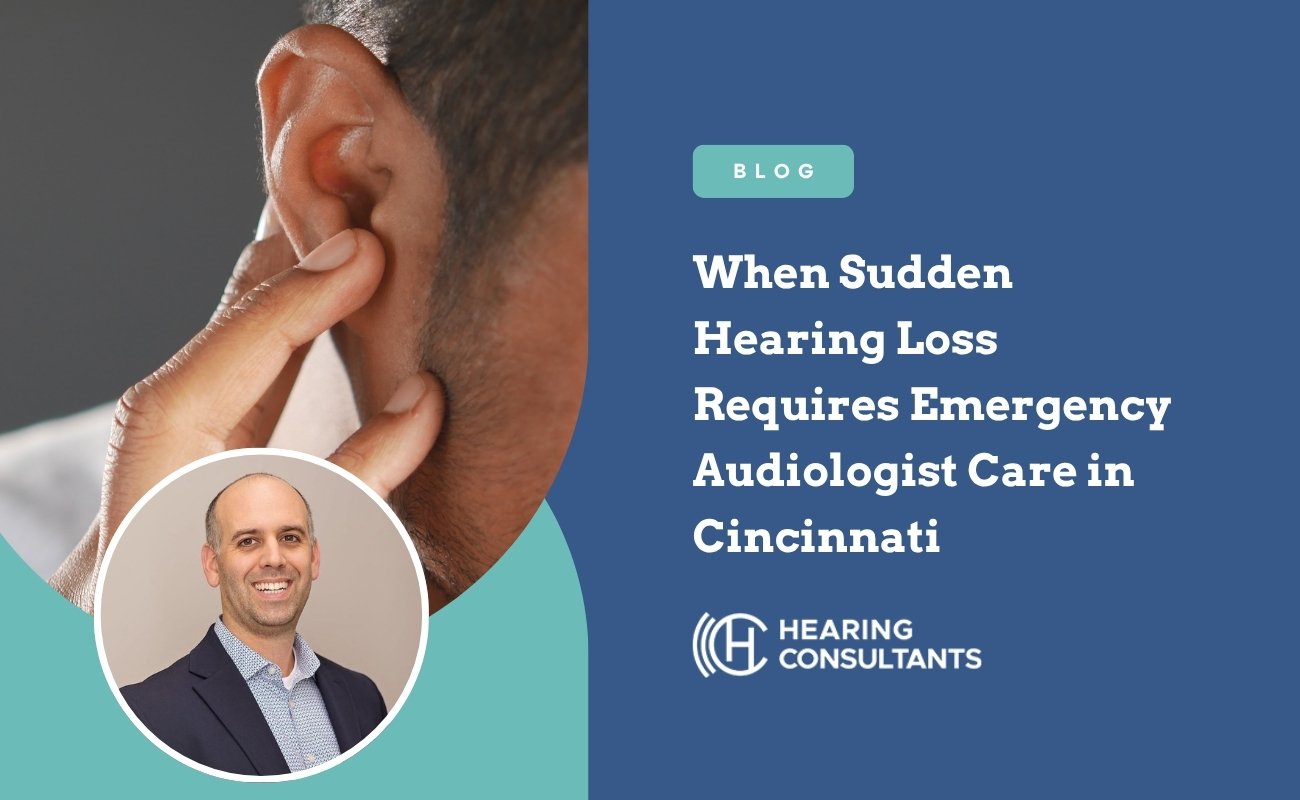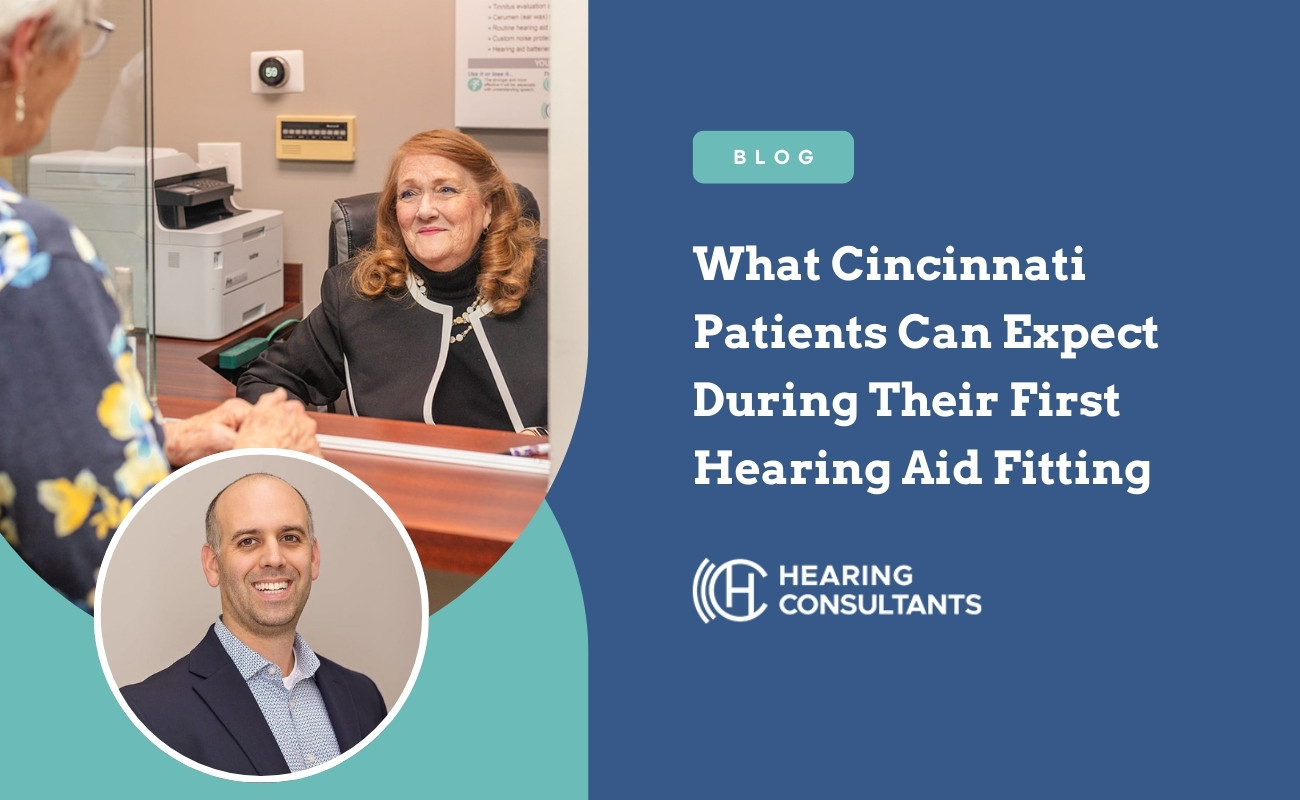Identifying the Signs of Hearing Loss
As an invisible condition that tends to occur gradually, hearing loss is often overlooked by those who experience it. The Hearing Loss Association of America estimates that it takes a person an average of seven years from the time they first begin to experience changes in their hearing before addressing the issue. Over time, untreated hearing loss could lead to a number of negative consequences that extend beyond one’s physical well-being into other areas of their life.
The signs of hearing loss may not be obvious at first, but there are factors and behavioral changes that may surface to indicate its presence. Here, we take a look at the prevalence of hearing loss and ways to identify it.
Prevalence of Hearing Loss
In the United States, approximately 48 million people, or 20% of the population, experience hearing loss. As such, hearing loss is the third most common medical condition, after heart disease and arthritis. It is considered a medical condition in the ways that it affects one’s overall health and well-being.
While hearing loss is often relegated as a condition that affects the elderly, the reality is that it may occur to anyone, at any age. Noise-induced hearing loss, for example, has become a growing issue among younger populations with the ubiquity of portable electronics and earbuds. An estimated 60% of the American workforce experiences some degree of hearing loss. For some, congenital hearing loss occurs at birth, while acquired hearing loss develops over time (due to exposure to loud noise or through the natural process of aging).
Indeed, aging is a factor in whether one experiences hearing loss. One in three people over the age of 65 experience some degree of hearing loss. For those over the age of 75, this number rises to 50%. Because hearing loss does often take time to develop, hearing specialists recommend that people begin annual hearing tests at the age of 50. Incorporating an annual hearing test into one’s annual health checkup is an easy way to keep track of your hearing abilities.
What Happens with Hearing Loss?
There are two common types of hearing loss: noise-induced and presbycusis (age-related). Hearing loss appears in three forms: conductive hearing loss affects the outer and middle ear area, inhibiting the ear’s natural ability to pick up and conduct sound, while sensorineural hearing loss affects the inner ear. In particular, sensorineural hearing loss occurs when inner ear hair cells – the small cells that translate sound waves into neural signals that are processed by the brain as sound – are damaged. These cells do not regenerate and could lead to permanent hearing loss. Mixed hearing loss is the third form, combining elements of both conductive and sensorineural hearing loss.
Essentially, with all forms of hearing loss, the effects are similar. People who experience hearing loss struggle with speech recognition and the ability to accurately locate sound in their environment. This could lead to a number of issues, from breakdowns in communication to a risk to one’s personal safety and security.
Common Signs of Hearing Loss
As an invisible condition, it may be difficult to notice the signs of hearing loss – whether in yourself or in a loved one. According to the Hearing Loss Association of America, these are some common signs of hearing loss.
If you answer yes to some of the following questions, you may have a hearing loss:
- Often ask people to repeat what they say?
- Have trouble hearing in groups?
- Think others mumble?
- Fail to hear someone talking from behind you?
- Turn up the volume on the TV or car radio?
- Have difficulty on the phone?
- Have trouble hearing your alarm clock?
- Have difficulty hearing at the movies?
- Dread going to noisy parties and restaurants?
If you have experienced some of these scenarios, you may have a hearing loss:
- Are you embarrassed to talk openly about not being able to hear?
- Are you cutting out activities that you used to love but have become painful because you cannot join in fully anymore?
- At work, are you afraid to reveal your hearing loss in case it jeopardizes your job and your supervisor and coworkers may see you as less competent?
- Are you bluffing when out with friends in noisy restaurants?
- Are you feeling cut off from your young children because you cannot hear their high-pitched voices?
- Are family holidays a strain because so many people are talking at once?
One of the most common complaints of people who experience hearing loss is: “I can hear, but I can’t understand.” In other words, you may still be able to technically hear sounds – but you may struggle to make sense of them. This is particularly difficult when it comes to conversations, but it could occur with watching or listening to media as well.
Visit Us at the Hearing Consultants
If you have noticed some of these signs in your own life or with a loved one, it’s important to schedule a hearing test. Hearing tests are designed to gauge one’s hearing abilities and will give us the data we need to make a proper diagnosis. If a hearing loss is detected, our team at the Hearing Consultants will work with you to find the best course of treatment.
Get in touch with
Hearing Consultants
Contact our clinic to schedule an appointment today!







